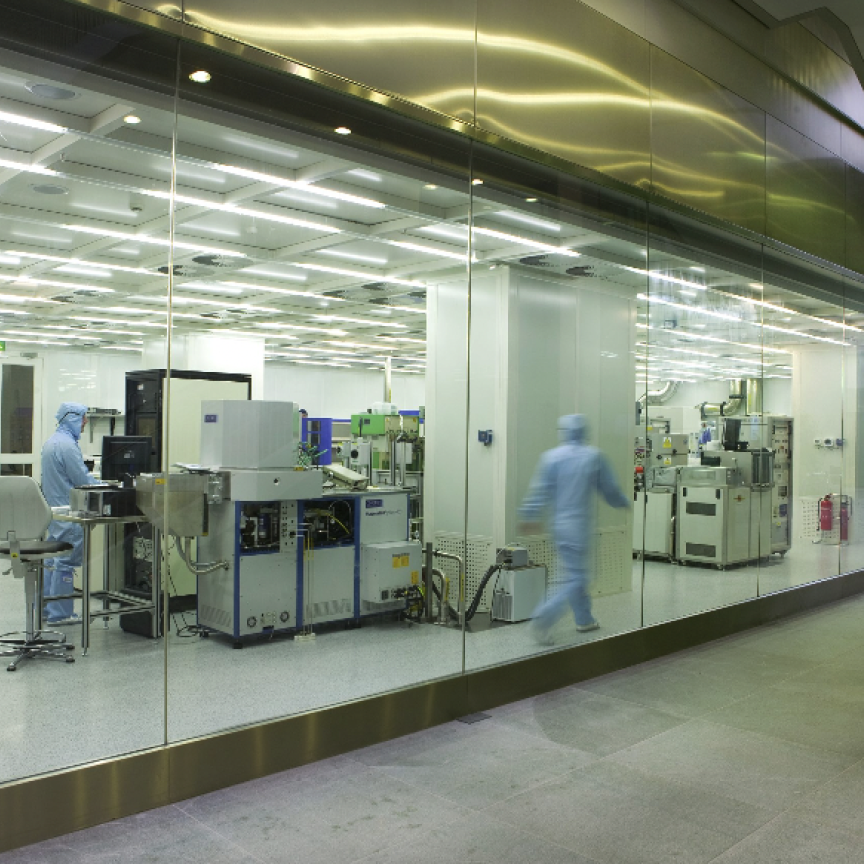A new, low-cost tabletop machine for manufacturing high-quality aspheric lenses has been developed by a University of Cambridge researcher.
The simple machine, which was created by Dr Roderick Willstrop, of the University’s Institute of Astronomy, is built to normal mechanical engineering tolerances. While it does not use laser interferometers or any computer control, it can form aspheric lens surfaces to a high precision.
The machine is suitable for producing small to medium batches of aspheric lenses for a range of optics applications, at lower cost than on conventional CNC machines. Its non-CNC mechanical arrangement causes the grinding or polishing tool to follow an aspheric path determined by bespoke templates.
Willstrop developed the machine in order to solve a lens problem at the University. ‘The solution was to use a small batch of aspheric lenses but the cost per lens was prohibitively high,’ he said. The machine he developed solves that problem.
The machine can produce convex lenses up to around 175mm diameter and 30-300mm radius of curvature, and a more limited range of concaves. With a suitable grinding tool, rms surface irregularity better than 120nm has been attained, ready for polishing.
‘Astronomy requires high quality optics that can help the astronomer to see the tiniest speck in the sky millions of light years away,’ Willstrop said. ‘The skills I acquired in producing and testing mirrors for astronomy meant I had insight into how to construct a machine for the grinding and polishing of aspheric lenses.’
Cambridge Enterprise, the University of Cambridge’s commercialisation office, is interested to speak with potential partners who would like to develop this technology into a fully-engineered tabletop machine suitable for sale to lens grinding and polishing firms.
Further information:

